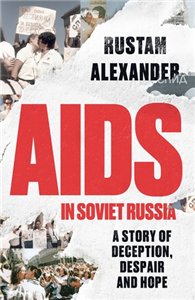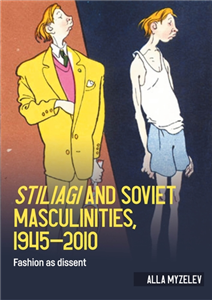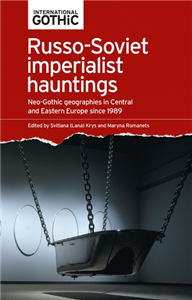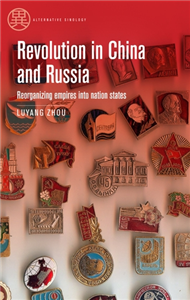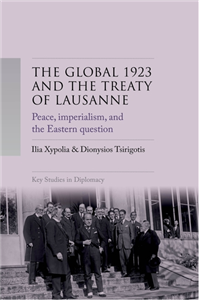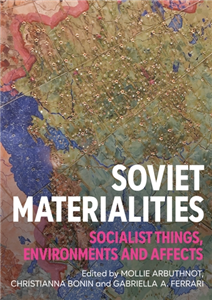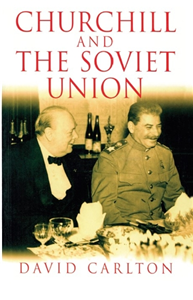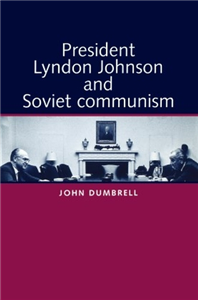TURLA (Turkish Literature Abroad)
TURLA Meetings organized by the Association of Press and Publishers is an online copyrights platform, that has adapted to the ongoing changes in the world. TURLA Meetings, sponsored by the Ministry of Culture and Tourism, introduces Turkish publishers to international publishing professionals and enables online copyrights meetings for Turkish publishers. TURLA Meetings which is the first international online publishing platform in Turkey will take place between 17 - 19 November 2020. The program will give Turkish and international publishers the opportunity to hold copyrights meetings and matchmaking activities. Within the context of TURLA Meetings the publishers from Turkey and around the world will meet with live video B2B meetings on the website for 3 days. The Turkish publishers who contribute to TURLA's catalogs and the international publishers from the different countries can create their profiles and online publishing house showcases on the TURLA Meetings website. The publishers can also continue to promote their books on their online showcases outside of the event dates. TURLA Meetings collects international book fairs and the international publishing market on one website, for the easy access of Turkish publishers.
View Rights Portal



